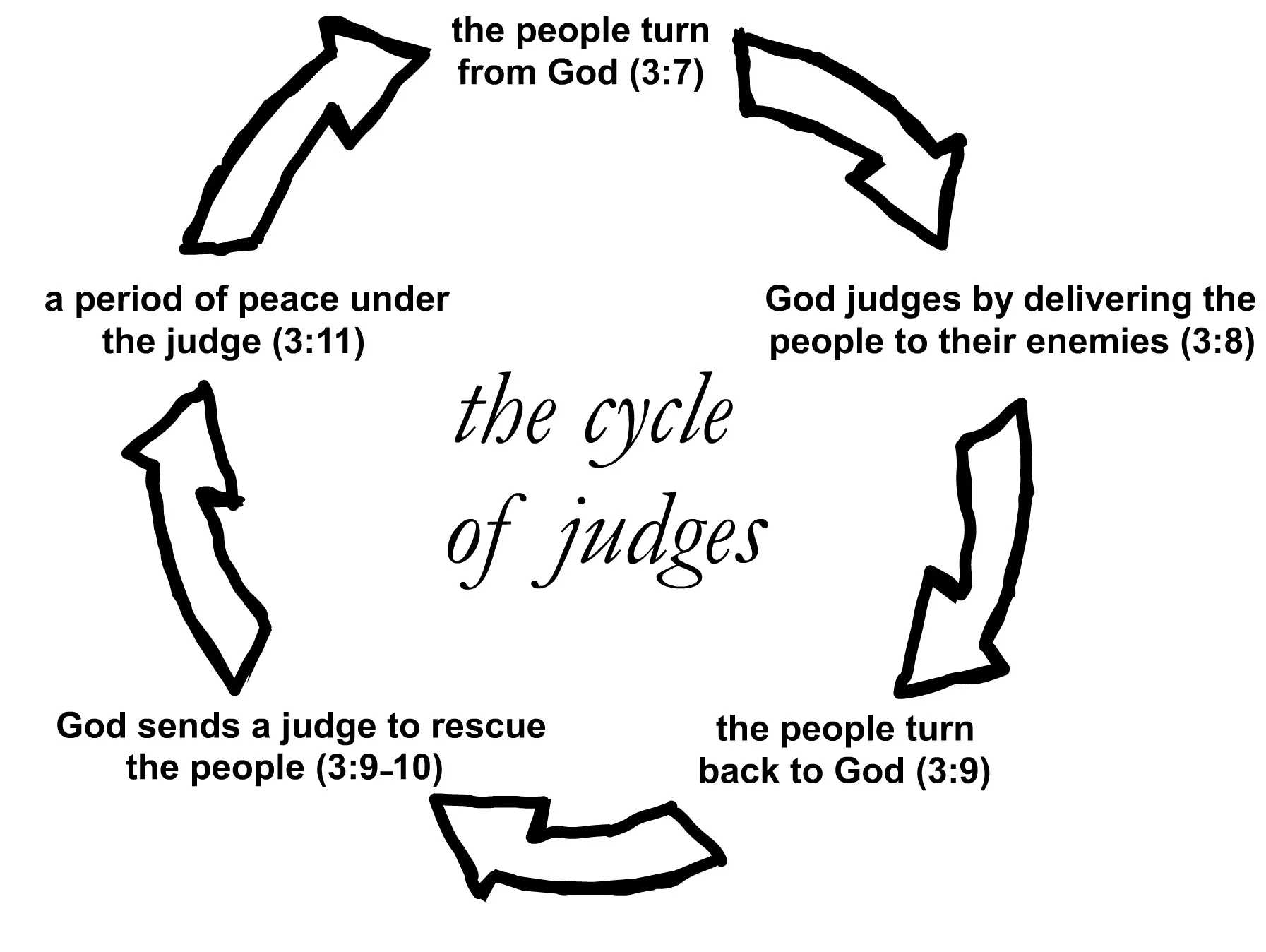Dealing With Disappointment
How do you handle disappointment?
When the job offer you thought you were about to receive didn’t come through? Or that promotion you’d been counting on was given to someone else? When you received a doctors report with a diagnosis you weren’t expecting? When you lost the game you’d worked all your career to win? Or maybe it was when someone you said “forever” to, decided they wanted to walk away? How did you respond?
Yeah after year, Hannah was disappointed and ridiculed for her inability to have a child. She was teased by the other ladies and harassed by one bully who had plenty of her own kids.
Hannah knew disappointment. We see it over and over in scripture, that God responds to prayers of the heart. In Hannah’s case, her anguish was so great that the priest thought she was praying drunk and scolded her! But, as she explained her grief, Eli blessed her. Her’s was a prayer that got Gods attention, and He answered with a blessing so great that no one could not fathom.
When we face disappointments, it’s tempting to blame God and grow bitter. Sometimes we feel like giving up and walking away. But it’s in these times of disappointment that we need to remember, God is a loving God who knows what you're going through… and He cares.
It’s interesting to ponder, God who is omniscient already knew what was happening to her. He had an answer in the waiting, but it was Hannah who needed to find dependence on God before He released the blessing. It was in her dependence on Him, that she found her blessing.
Be encouraged this week. Bring your disappointments to the cross and allow God to carry the burden. Jesus said in Matthew 11:28-30 - “Come to me, all you who are weary and burdened, and I will give you rest. Take my yoke upon you and learn from me, for I am gentle and humble in heart, and you will find rest for your souls. For my yoke is easy and my burden is light.”
What a wonderful promise. What blessings await you at the foot of the cross?

